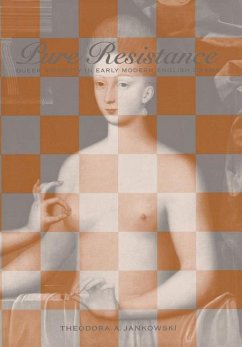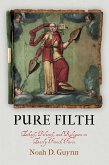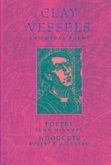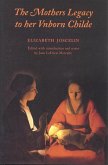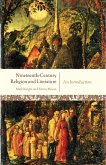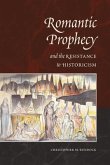In Pure Resistance Theodora A. Jankowski surveys the history of virginity in Christian thought from ancient times though the Renaissance in terms of contemporary queer theory. The Pauline doctrine that virginity for both men and women is superior to marriage remained strong in Augustine, who believed that consecrated virgins were "a greater blessing" than the married, and became a cornerstone of Roman Catholic theology. Even the current edition of the New Catholic Encyclopedia privileges the state of virginity because "it has as its object a superior good". In comparing this Catholic tradition with Protestant doctrine as it developed in early modern England, this book points out that Reformation theologians argued that marriage was the ideal, even that vowed virginity was unnatural. Jankowski, in contrast, argues that as long as a woman possessed an intact body, she necessarily occupied a queer position in the early modern sex/gender system, a situation whose queerness intensified as she aged and continued to refuse marriage. Exploring this clash of sex and gender regimes, Jankowski considers the tensions behind the many representations of virgin women in English stage plays from 1590 to about 1670 and how these representations can be considered queer. These dramatic texts contain characters who range from collaborators with patriarchy to women who utterly repudiate marriage, opting instead for a life completely outside the early modern heterosexual gender paradigm-and who thus, like Isabella in Measure for Measure or Moll Cutpurse in Dekker and Middleton's The Roaring Girl, become the queerest of virgins. The author's claims regarding the queerness of virginity necessarilychallenge the prevailing belief that the Protestant Reformation ushered in more enlightened attitudes toward women. Indeed, when considered from a queer perspective, the Protestant notion of companionate marriage proved to be far more confining to women than what had come before.

